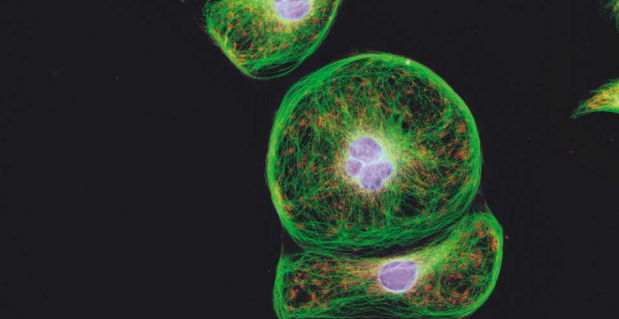The distribution and proliferation among Oryzu species of miniature Ping (mPing), the only miniature inverted repeat transposable element (MITE) that is active in all organisms, were investigated through analysis of 78 accessions encompassing nine of the 10 genomic constitutions of the genus Oryza. The mPing family transposons, mPing, Ping, and Pong, were detected in only two of the AA genome species, Oryzu sativa and its direct ancestor O. rufipogon, whereas the inactive rice MITE Kiddo was detected in the AA, BB, CC, BBCC and CCDD genome species. Furthermore, the insertion sites and copy numbers of mPing were considerably different among O rufipogon accessions. A phylogenetic analysis showed that the O. rufipogon accessions used in this study could be grouped into four clusters which were not associated with the copy number of mPing or the presence of Ping. These results suggest that the mPing family was present in the ancestor of O. rufipogon and that mPing proliferated independently in each accession. Based on these results, one possible evolutionary history of the distribution and proliferation of mPing family in O. rufipogon is discussed.


